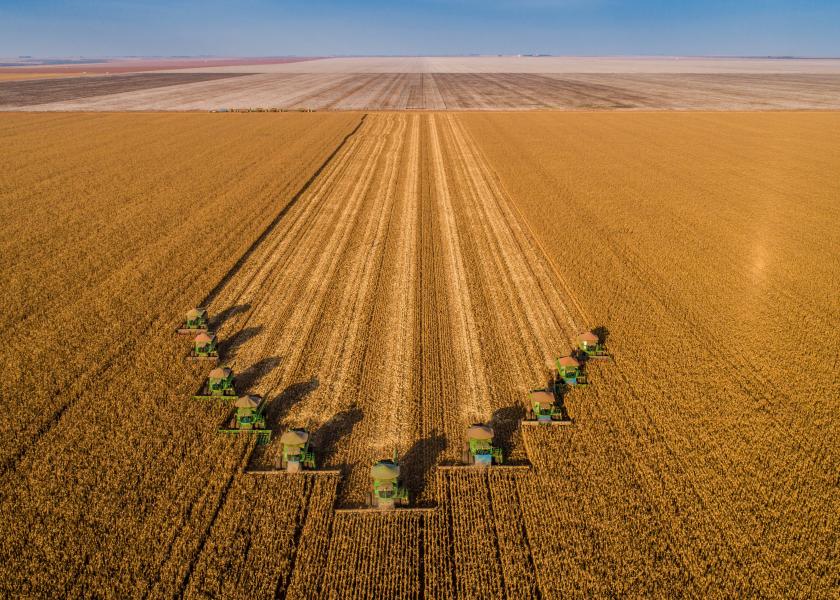Global Agricultural Giant Looks to Nebraska for Sustainable Water Management

Mato Grosso, Brazil, is globally a top producer of corn, soy, cotton, and corn ethanol. It is geographically large enough to encompass both Germany and Spain combined, and eight months of rain allows for two growing seasons, which produce $21.6 billion in exports.
To meet global demand, Mato Grosso needs to increase its production, and do so while meeting its sustainability goals. Much of Mato Grosso’s freshwater is locked up in the Amazon Forest, which the government has elected to put under strict protection in recent years, making it not accessible for development.
This has propelled Mato Grosso toward an ambitious goal of increasing food production while preserving the environment, in particular, the Amazon and Cerrado savanna ecosystems, by producing more food on existing agricultural land through expanding irrigation. Thus, they’re looking to Nebraska and partners, via the University of Nebraska and the Daugherty Water for Food Global Institute, for aid in mapping out the region’s available surface and groundwater resources for sustainable irrigation development.
Governor Mauro Mendes of the state of Mato Grosso, Brazil, recently met with the Nebraska Governor Jim Pillen at the 2023 Water for Food Global Conference to discuss opportunities for partnership between the two states.
“We are looking forward to a partnership with Nebraska, because Nebraska has the components of education, agricultural research, irrigation sector and the governance of water,” said Mendes.
“Both Nebraska and Mato Grosso have similarities,” said Mendes, “they are both in the center of their countries and are both food-producing states.” Mendes explained that sustainable irrigation expansion will play an important role in meeting its ambitious goals because it will intensify production while taking pressure off the natural ecosystems.
“Irrigation is not just an opportunity, but it’s a necessity to maintain what we’re producing,” explained Marcos Heil Costa, professor of engineering at Universidade Federal de Viçosa, and a speaker at the conference, along with Governor Mendes. With the rainy season getting increasingly shorter, Costa estimates a future reduction in maize yield by 24-48% per year. In order to maintain their critical agricultural production, Mato Grosso is going to need an additional water supply.
“We have a great blueprint of water management, irrigation and agricultural production in Nebraska, and they would like to see what can be adapted to Mato Grosso,” said Dr. Christopher Neale, Director of Research at the Daugherty Water for Food Global Institute. “This is an important partnership for sustainable water management, critical global food production, and preservation of native ecosystems.”







